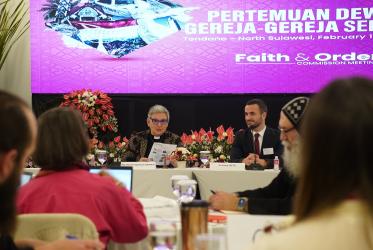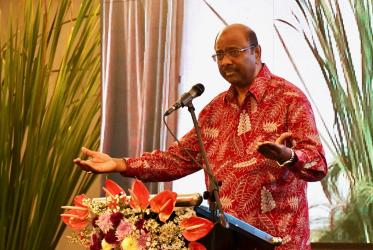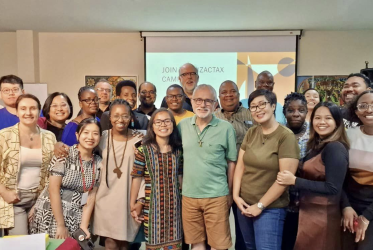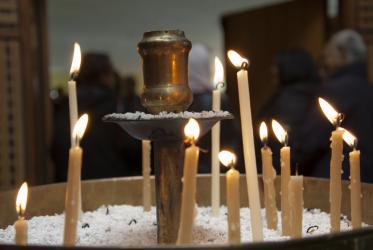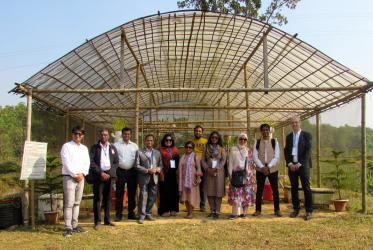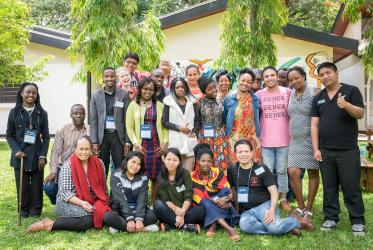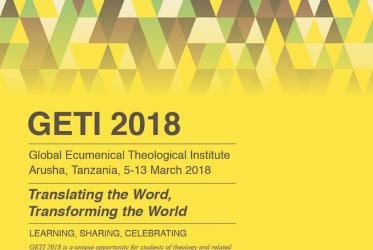Displaying 1 - 20 of 37
03 February 2024
GEM School explores how to make new economic world order a reality
08 September 2023
Unity is key when health crisis poses new challenges in Asia
28 February 2022
The cry of the Papuans in Indonesia
14 November 2019
Workshop in Bangladesh links climate, economic justice
07 February 2019
Indigenous Global Ecumenical Gathering and Youth Pre-Conference
18 - 23 July 2018
Te Papaiouru Marae, Ohinemutu, New Zealand
In the ecumenical movement to stay
26 April 2018
#WCC70: A story of how we meet together
02 February 2018
Voices from Asia Mission Conference
13 October 2017
Plans for 2017 decided by WCC Executive Committee
01 December 2016
